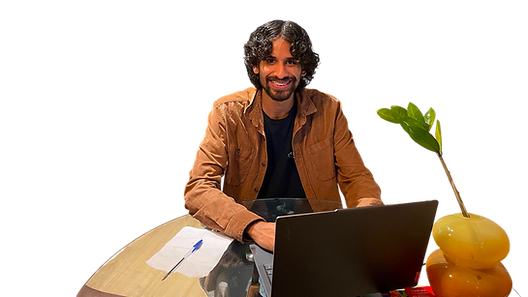Mistakes you are probably making and how to fix them #2 | porquês
- Daniel Moreira
- Mar 6, 2025
- 1 min read
Updated: Mar 8, 2025
Whether you are a native Portuguese speaker or not, I'm pretty sure you have come across the many "porquês" the Portuguese language has. Surprisingly, although their pronunciation is the same, they have distinct uses for when we're dealing with written texts.
A simple way to grasp their use is to split them into two categories: with space (por que; por quê) and without a space (porque; porquê).
The first one has to do with questions
If you want to ask a question, then use "por que", as in "Por que ele estava no hospital?" (Why was he in the hospital?). However, if the question word is at the end, then, write an accent above the letter -e, as in "Ele estava no hospital. Por quê?" (He was in the hospital. Why?)
The second category has to do with "answers".
If you want to answer a question, use "porque". For example: "ele estava no hospital porque ele estava doente" (He was in the hospital because he was sick).
The remaining word, porquê, is actually a noun and it's a synonym of "reason" and "motive". For example: "eu não sei o porquê(=o motivo) de ele estar no hospital" (I don't know the reason of him being at the hospital).
To sum it up…
Por que/por quê = why
Porque = because
O porquê = the reason/motive
_________________________
Did you like this post? If so, don't forget to click on the like button and follow me to get to know more about the Portuguese language and support my work :)









Comments